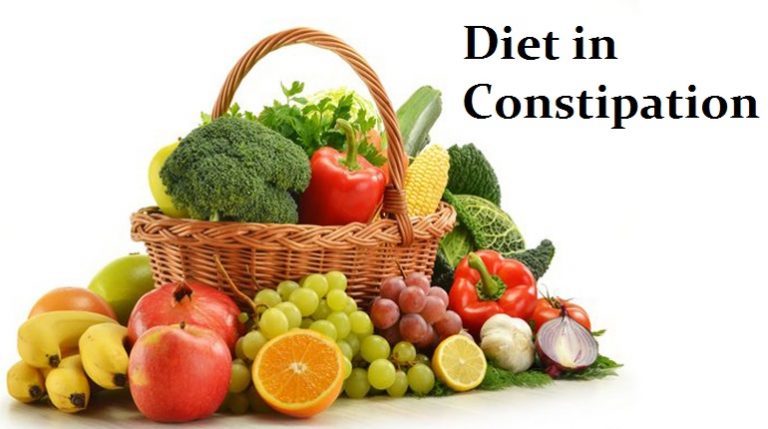
Constipation can be defined as a condition of the digestive system where the passing of feces becomes difficult to expel. It is usually directly related to the diet and lifestyle of an individual.
Everyone has a different bowel habit but generally, people who usually have less than three bowel movements a week are constipated.
People experiencing constipation may have:
- Hard, dry and lumpy stools.
- Stools that look like stones
- Pain & discomfort while passing stools
- A feeling of dissatisfaction with bowel movements
- Loss of appetite due to a sense of fullness
Causes
Following are the factors leading to constipation:
- If the muscles in the colon are contracting slowly, they tend to absorb too much water eventually resulting in constipation.
- Inadequate fiber intake.
- Lack of physical activity.
- Some medications can also cause constipation like antidepressants, anticonvulsants, narcotic pain drugs, diuretics etc.
- People suffering from Medical ailments like irritable bowel syndrome, neurological disorders, endocrine, and metabolic disorders.
- Life stages like older individuals and pregnant women.
- Often a change in routine might also lead to constipation.
- Overuse of laxatives.
- Improper hydration
Treatment
Increase dietary fiber
Increasing your fiber consumption gradually helps in easing constipation. Fiber is that part of the plant which cannot be digested, and it serves in adding bulk and softness to the stools.
There are two types of fiber – soluble and insoluble. Soluble fiber tends to absorb water and binds with fatty acids, to form a gel-like substance which keeps the stools soft. On the other hand, Insoluble fiber remains undissolved in water, hence providing bulk and moisture to the stool. For treating constipation, it is advised to increase fiber intake to 25 to 35 grams per day.
Fiber is mostly found in plant foods, such as fruits and vegetables, beans, legumes, nuts and seeds, whole grain cereals, bread, and oatmeal.
Drink plenty of fluids
Drinking a good amount of fluids will help your gut to process fiber. It is usually recommended to drink 8-10 glasses of water daily apart from the rest of the fluids you might be drinking. Fluid aids in softening of stools making it easier for elimination.
Eat fresh fruit and vegetables
Fruit and dried fruit are loaded with fiber and can be quite helpful in relieving constipation. Some of the choices during constipation can be raisins, prunes, pears, figs, bananas, apples, spinach, sweet potato. Generally, Eat 3-5 servings of fruits and vegetables daily. Always choose whole fruits over juices. Add on seeds and skins wherever you can.
Exercise Regularly
Exercise also helps in relieving constipation by lowering the time taken by food to pass through the large intestine. This controls the amount of water absorbed from the stools hence easing the process of defaecation. Aerobic exercise tends to improve your muscle strength which in turn improves the natural contraction of intestinal muscles and better mobility of stools passing through it.
Add pre – & probiotics for improving gut health
Probiotics are referred to living organisms helpful for digestion in the gut and prebiotics are the nonliving substances helping in their growth. Both together also helps in improving bowel regularity. Natural probiotics are yogurt, sauerkraut, kimchi, and prebiotics includes onion, garlic, and bananas.
Avoid
- Processed and frozen foods
- Coffee and other caffeinated beverages
- Dairy and dairy products
- Alcohol
- Red meat
- Fried foods
About The Author
Ms. Ratika Vinchurkar– MSc, Food & Nutrition, RxDx.
For booking, appointment call us today!!!
If you have further questions then please contact us on.



